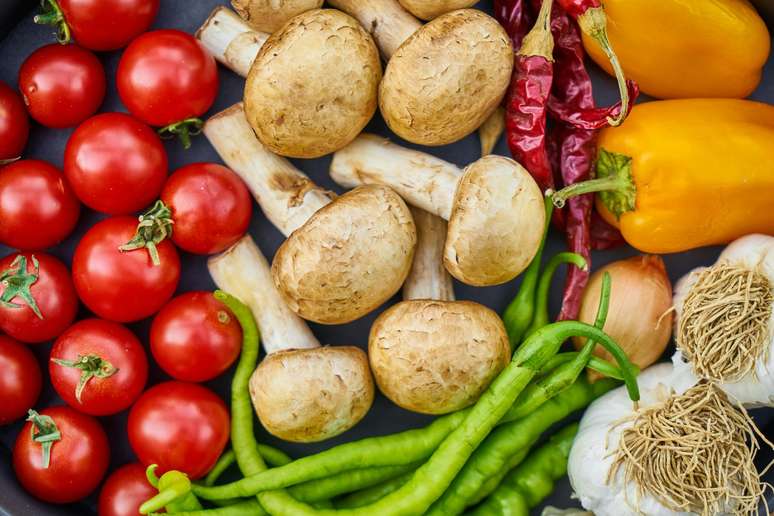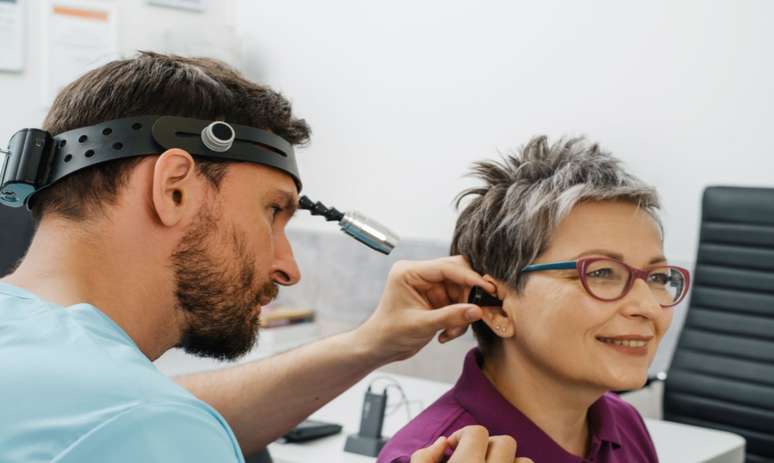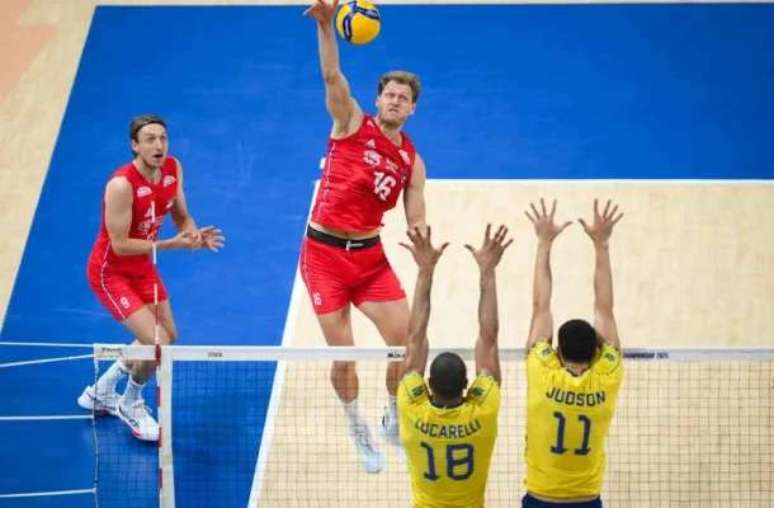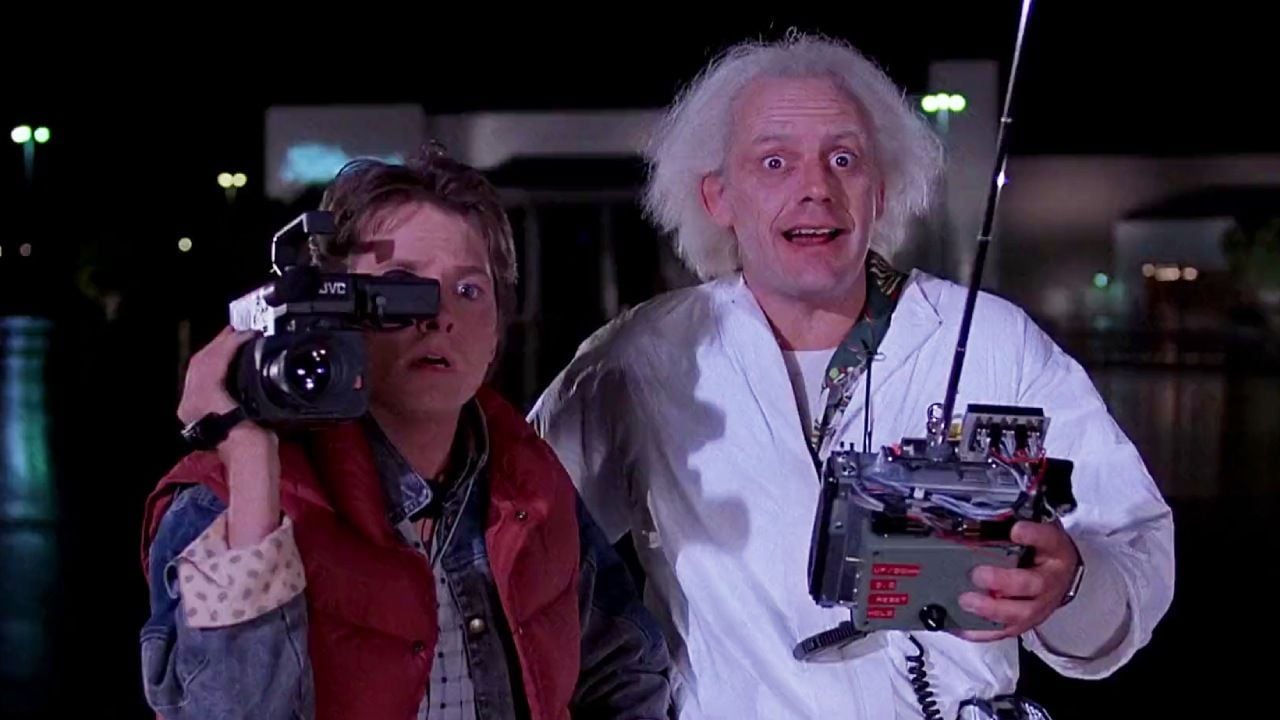Find out if it is true that eliminating all foods of animal origin can make the body lack some nutrients
Vegans are to be admired, that is, people who choose not to consume anything of animal origin, whether for medical needs or out of love for animals. But is it true that following this lifestyle can make the body need extra nutrients? The nutritionist Patricia Davidsonspecialist in natural hormonal health and women’s health, answers this question once and for all.
“Any diet without nutritional balance can generate a nutrient deficit. However, in a vegan diet, this deficit can be greater due to the lack of some specific nutrients that come from animal protein sources. Therefore, the vegan diet needs specific monitoring of nutritional balance”, explains the nutritionist.
What would these nutrients be?
Some examples offered by Patricia are:
- Iron: since red meat is an important source;
- Amino acids: they are part of animal protein sources such as eggs, milk and meat;
- Vitamin B12: due to red meat as the main source;
- Omega 3: from fish as a source;
- Protein: Many vegans end up making up more of their diet with carbohydrate sources;
- Calcium: Since the sources of the vegan diet are leaves, such as kale and arugula, many end up not consuming the ideal amount.
How to replace these nutrients?
Vitamin B12 is a very necessary supplement for everyone, but it is often necessary to consume the extra vitamin. “To meet the body’s ideal needs, a constant and high consumption of plant sources of B12 is necessary, which is difficult on a daily basis. Plant food sources of B12 are algae such as nori and chlorella, as well as mushrooms and soy grains,” he adds.
Omega 3s end up being easier to consume than in fish and fish oils. “Within a vegan diet, sources of omega 3 are microalgae, flax oils, soy, avocado, chia and walnuts, with balanced consumption on an individual and constant basis.”
Additionally, plant sources of calcium come in a wide variety, such as arugula, kale, spinach, mustard, okra, broccoli, white beans, walnuts, hazelnuts, and almonds. “However, to provide the necessary quantity for each individual, the consumption of these foods must be in high proportions, which ends up creating a calcium deficit in many vegans,” comments Patrícia.
Iron is found in dark green vegetables, legumes such as beans, lentils, peas, whole grains and seeds such as pumpkin. “Because many vegans end up consuming legumes in large quantities every day, they end up being one of the most balanced nutrients within the vegan diet.”
How to monitor nutritional deficiencies if you are vegan?
“The best way to monitor nutritional deficiencies, in addition to clinical signs and symptoms, is a blood test, where we can evaluate reserves of iron, calcium, vitamin B12, vitamins and proteins,” concludes the nutritionist.
Source: Terra
Ben Stock is a lifestyle journalist and author at Gossipify. He writes about topics such as health, wellness, travel, food and home decor. He provides practical advice and inspiration to improve well-being, keeps readers up to date with latest lifestyle news and trends, known for his engaging writing style, in-depth analysis and unique perspectives.



-1iyq160aoa4ag.png)

![Everything starts here: What awaits you on Thursday of September 18, 2025 in the 1266 episode [SPOILERS] Everything starts here: What awaits you on Thursday of September 18, 2025 in the 1266 episode [SPOILERS]](https://fr.web.img3.acsta.net/img/44/34/4434fec4599e79e4c76ca28c3f25362a.jpg)



